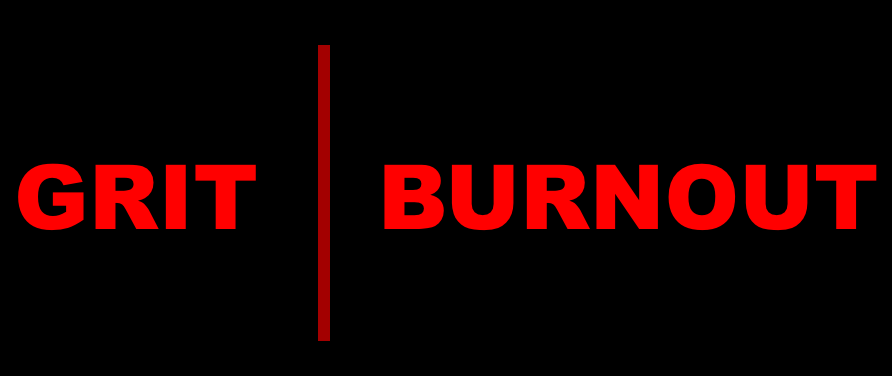I spent my 20’s on an airplane, traveling across the country 3 weeks a month.
I spent my 30’s running a media brand, working 11 hour days, with a 3 hours a day commute, plus breakfast meetings and evening events.
I would get off of a redeye from San Francisco, go straight to the office, work all day and leave at 5:00 apologizing for my early departure.
I was a self-proclaimed workaholic. I was all in all the time, striving for the next promotion, always with my goalpost insight.
In my 40’s I crashed.
The way I was working, wasn’t working for me anymore.
I decided to resign. My boss tried feverishly to convince me not to leave, just stay, work part-time, we will carve out something for you. But I knew myself, I knew that taking a job that was part-time would mean working like everyone else’s full time all at half the salary. I didn’t know how to work any differently.
So I did something that made this high-achiever extremely uncomfortable, I held my nose, closed my eyes and jumped off my career without a plan.
It wasn’t until I had some space to reflect on myself, my decisions and my career that I realized, being a workaholic wasn’t really my fault. I had been brainwashed. Actually, we have all been brainwashed.
This started in childhood. We’ve all have a sports story. You know the one I’m talking about, where you fall on the field and your coach cleans up your knee and then quickly encourages you to get back out there, ‘you’re fine, you’ve got this, are you ready to get back in the game?.’
What about in high school, you’re a sophomore and made the varsity team. Halfway through the season, you get the flu and miss ten days of practice. You finally get back to it and you’re benched for three games because you missed too many practices. Now you’ve learned that by NOT powering through there are severe consequences.
Then in college, you are cramming for your test, knowing you have to keep up your GPA, so you pull an all-nighter (with our without the help of your unprescribed kicker)…you keep powering through.
As parents and adults, we think we are teaching our kids grit and resilience, important character traits for success.
Are we really teaching grit or are we teaching our kids to become numb to the warning signs of when to push and when to stop?
Moving into adulthood, with these beliefs already ingrained in us, we continue to find evidence to support our need to power through in order to be successful.
Think about it, we’re told;
- If you want to get promoted, you need to do the job you want not just the job you have. So wait, I have to do two jobs to get the promotion I’ve worked so hard for?
- If you want to be seen as a contributor, you need to be the first one in and last one out all so you can make an impact on your boss. So wait, you mean Facetime isn’t an app and instead is the way organizations and leaders measure success, not based on efficient and productive work?
- Let’s not forget the media where the message has become loud and clear, we need to ‘level-up,’ ‘lean-in,’ ‘power through,’ or have a ‘yes, and’ mentality at work.
No wonder the World Health Organization declared burnout an epidemic earlier this year. We have been brainwashed! We are numbing ourselves to the warning signs that come up when we work too hard, too long and are exhausted.
This numbness doesn’t just stay at work, it spreads and seeps into every crevice of our lives.
We become numb to the fact that our bodies need more sleep.
We become numb to the needs of our kids.
We become numb to the aches and pains in our bodies, declaring we don’t have time to get to the doctor.
We become numb to the fact that our spouse has become our roommate.
We have been brainwashed to ignore warning signs.
There is a fine line between grit and burnout.
We have either erased our own line between grit and burnout or ignored the line for way too long.
It is essential for each of us to realize there is a fine line between grit and burnout, we then need to acknowledge it, draw it, and respect it. Get back in touch with those warning signs, respect yourself enough to respond to them by stepping away and not powering through.
What is your line between grit and burnout and how willing are you to play to the edge?


